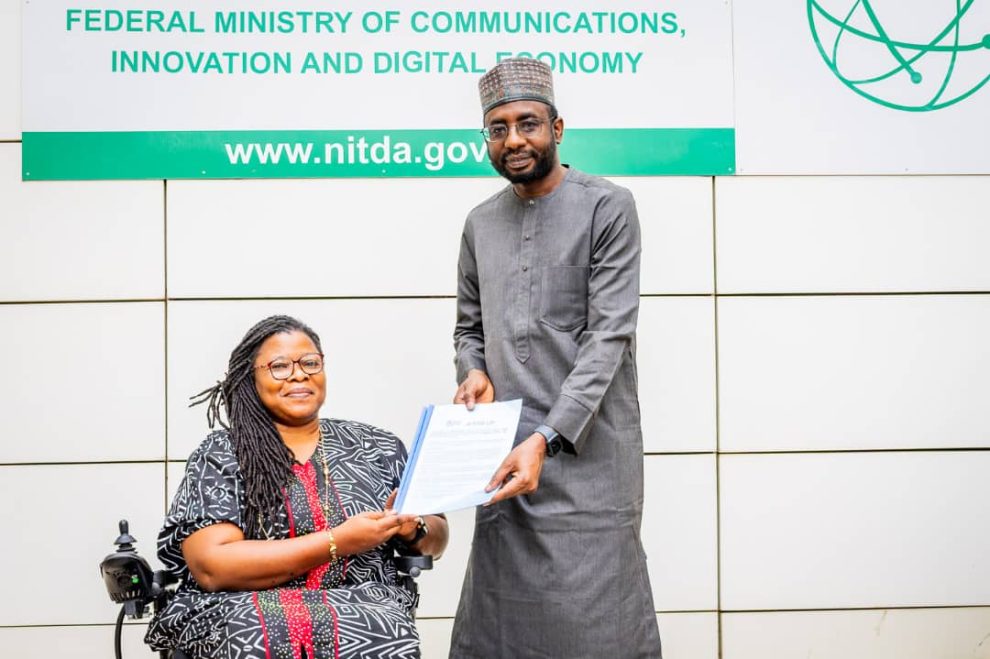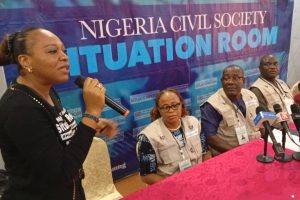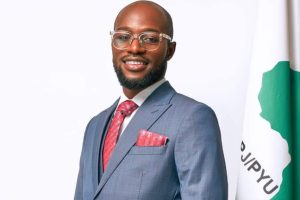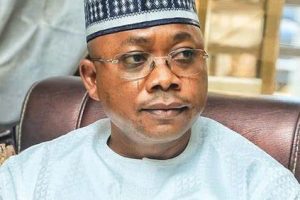Abuja, Nigeria – Nigeria’s National Information Technology Development Agency (NITDA) is advocating for increased inclusion of people with special needs in its technology policies and programmes, aiming to leverage digital literacy to transform the nation into a global tech hub.
Kashifu Inuwa, the Director General of NITDA, highlighted the necessity for intentionally designed initiatives to address the needs of an estimated 35 million Nigerians with disabilities. This push aligns with a presidential priority to reform the economy for sustained, inclusive growth.
During a strategic meeting with the Inclusive Friends Association, a disability advocacy group led by Executive Director Grace Jerry, Mr. Inuwa acknowledged the importance of their insights. “This brought to my attention the need to be more intentional in the way we design our programs because there is no way we can achieve 95% digital inclusion if we exclude 35 million Nigerians,” he stated.
While noting that NITDA has previously conducted targeted training for people with special needs across the country, Mr. Inuwa pledged a renewed commitment to expanding these initiatives nationwide. He assured that the agency’s facilities are adapted for individuals with disabilities and that recruitment practices already reflect this inclusivity, but stressed the need to “go further and make sure our programs reflect this inclusion.”
The Director General proposed formal representation from the disability community on committees responsible for developing national ICT standards, training curricula, and policy frameworks. He argued that their presence would not only ensure their interests are represented but also strengthen implementation by moving beyond bureaucratic hurdles.
He further suggested integrating special needs considerations into broader national programmes, such as the National Youth Service Corps (NYSC) tech initiatives, women’s training cohorts, and upcoming national tech conferences. These platforms, he believes, offer crucial opportunities for networking, skills development, and enterprise support.
“For us, it’s beyond just training. The real goal is empowerment, how we can train people to use IT to expand their businesses and improve their lives?” Mr. Inuwa emphasised. He also invited disability organisations to collaborate with NITDA in shaping a digital economy that benefits all Nigerians, concluding, “Whatever you do, you need IT as a tool. So, let us make sure everyone, regardless of ability, is equipped to use it.”
Earlier, Grace Jerry of the Inclusive Friends Association thanked NITDA for the meeting and underscored a significant digital divide within the disability community, particularly affecting women in northern Nigeria. She stressed the urgency of ensuring that the government’s ambition of achieving 95% digital literacy by 2030 genuinely includes adequate representation of people with special needs in policy reviews and implementation monitoring.
Ms. Jerry highlighted that “digital literacy is fast becoming a foundational skill for employment and without deliberate inclusion, millions will be left behind,” advocating for inclusive representation in tailored programmes and collaborative policymaking.





Add Comment